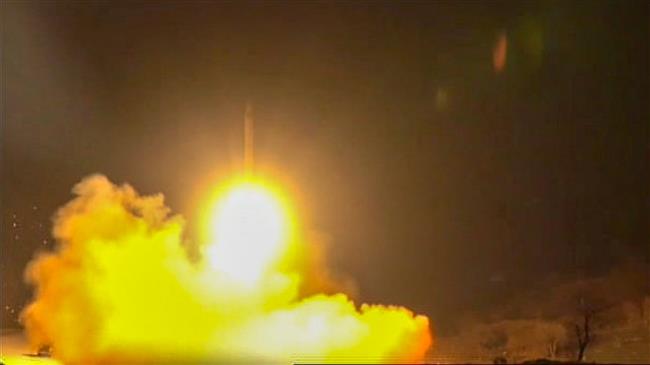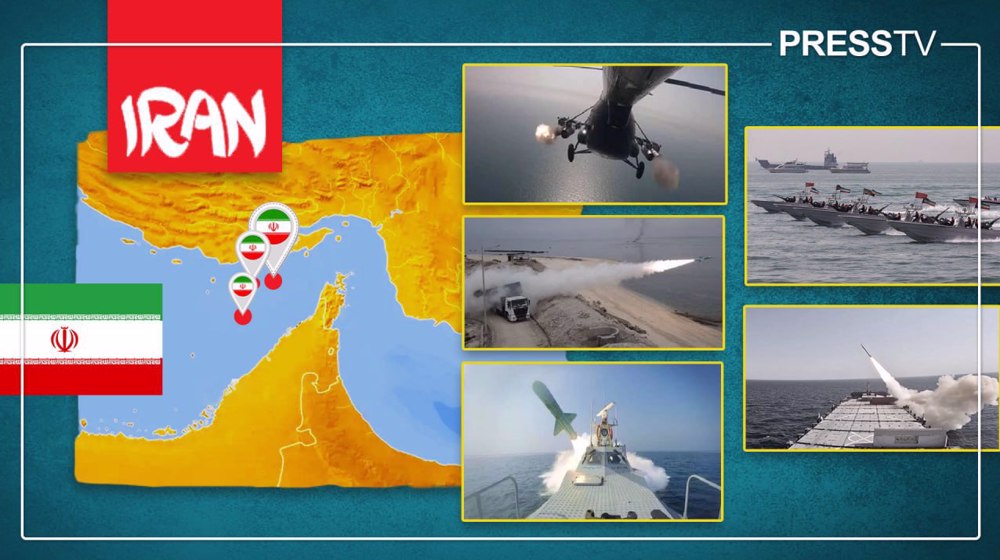The Weekly: Our most important stories from last week
The Weekly is a brief look back at the most consequential news from last week with a view to putting them in context. Published every Monday, The Weekly retells each of the selected stories, adds a little perspective, and gives directions as to where things may be headed.
The repercussions of the United States’ January 3 assassination of Iranian Major General Qassem Soleimani, whose military ranking was posthumously raised to lieutenant general, continued into another week.The assassination sent the world to the precipice of war in the week ending January 12, 2020. But immediate agilities seemed to have subsided by Monday.
[1]
Iran strikes back at the US
The US had anticipated backlash from the assassination. And it came early on Wednesday, January 8, when Iran fired surface-to-surface missiles at two US-run bases in Iraq.
The strikes were the first coordinated military attacks on an American base since World War Two. One of the targeted bases housed as many as 1,500 troops.
But Iran might not have intended to shed any blood. It had notified the Iraqi government of incoming attacks — although, apparently, not of specific targets — and at least according to some reports, the Iraqis had passed on that information to the Americans. Even before that, US bases had already been on heightened alert. That is why the missile attacks did not reportedly lead to a loss of life. One Pentagon official offered his interpretation of Iran’s move as having been calibrated to cause “minimum damage” but “maximum warning/effect.”
Pentagon official tells me that many US military leaders think Iran deliberately chose targets that would NOT result in loss of life especially US life: “Deliberate targets, minimum damage, maximum warning/effect.”
— Jake Tapper (@jaketapper) January 8, 2020
Many feared, understandably, that the US assassination of Lt. Gen. Soleimani would trigger war. Iran had pledged “harsh revenge.” And Mr. Trump had threatened to strike Iranian sites if Iran retaliated. Iran did. The US didn’t. Mr. Trump announced the day after the Iranian strikes that the US would merely be imposing more sanctions on Iran in response.
Still, the fact that the missile strikes were carried out is unlikely to mean that Iran is done with America in Lt. Gen. Soleimani’s case. In fact, both Iran’s Leader Ayatollah Seyyed Ali Khamenei and Iranian President Hassan Rouhani have hinted the strikes were a single step.
[2]
Ukraine airliner downed by mistake
On the same day that Iran conducted the missile strikes against the US, a Ukrainian passenger jet went down near Tehran, killing over 170 people.
Initially, Iran dismissed reports that the airliner had been shot down. Days later, however, the General Staff of the Iranian Armed Forces, which had commissioned an investigation, said the airliner had been shot down by Iranian missiles as it flew close to a sensitive military site. It said the shooting-down had been “due to human error.”
Ayatollah Khamenei then ordered a swift investigation.
That same day, the Islamic Revolution Guards Corps (IRGC), which had shot down the plane, said the crew of the aircraft had made no mistake, seemingly contradicting the statement earlier that the plane had flown close to a sensitive military site. General Amir Ali Hajizadeh, who is the head of the IRGC’s Aerospace Division, accepted full responsibility and said he had “wished he was dead” when he was told about the mistake.
[3]
US refuses to leave Iraq, turning American troops into occupying forces
Meanwhile, the US, mandated by the Iraqi parliament to leave Iraq following the assassination of Lt. Gen. Soleimani, rebuffed that mandate on Friday, January 10.
Former US President Barack Obama had ended the US combat mission in Iraq in 2011, but Baghdad had called the US military back in when the Daesh terrorist group emerged in 2014. The US’s refusal to submit to the Iraqi government’s decision for a new pullout now effectively turns US and coalition troops in Iraq into occupying forces once again.
And, in telling even if characteristic remarks, Mr. Trump flatly asked for reimbursement of “the money we put in” in Iraq.
[4]
US House speaker says will proceed with impeachment process
The Iran episode provided Mr. Trump with some distraction inside of America. But it proved short-lived, as the hostilities quieted down and US House Speaker Nanci Pelosi redirected attention to Mr. Trump’s impeachment on Friday, January 10, when she said she would be sending the articles of impeachment from the House to the Senate “next week.”
Ms. Pelosi had withheld the transfer, effectively halting the impeachment, in a political gamble to elicit concessions from Mr. Trump’s associates in the Senate. Her announcement on Friday set the impeachment process back in motion.
Asked on Sunday, January 12, about what she had achieved by withholding the process, she said the public now knew of “the need for witnesses.” Mr. Trump’s team has refused to produce the witnesses called by the House, and the president’s allies in the Senate have refused to force him to.
Iran’s four-decade transport transformation
Jeffrey Epstein introduced Trump to 14-year-old girl, court documents reveal
Lebanese government offering free concessions to Israel: Lawmaker
US actions against Venezuela endanger peace, stability: Iran FM
Israel trying in vain to cover up blows suffered in Iran war: Top commander
VIDEO | Press TV's news headlines
Manhunt underway in South Africa after nine killed in mass shooting
VIDEO | With crippled tools, civil teams begin recovering bodies in Khan Yunis














 This makes it easy to access the Press TV website
This makes it easy to access the Press TV website